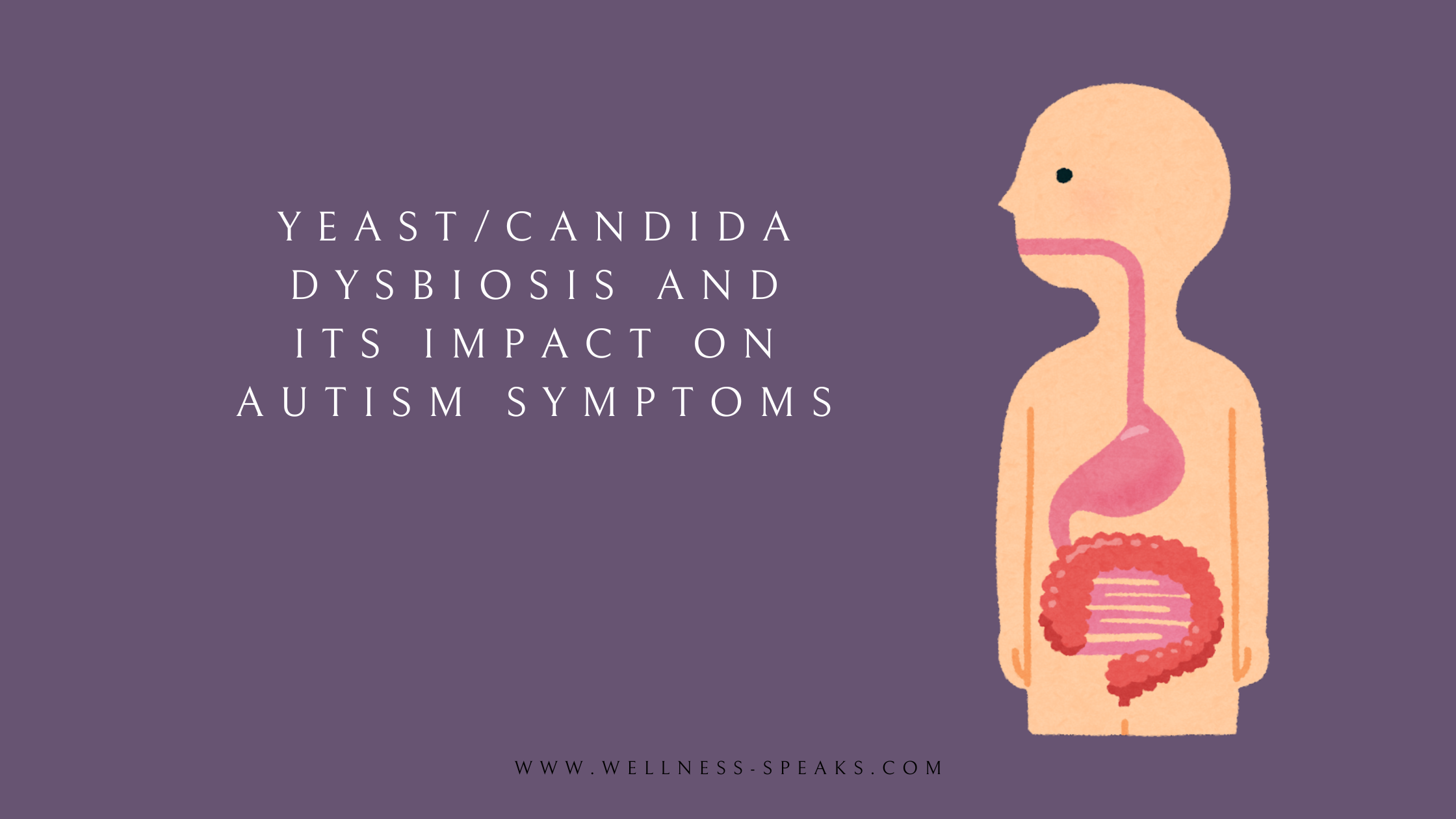One crucial yet often overlooked component of overall health in autism is the vagus nerve—a key player in the gut-brain connection, emotional regulation, and digestion. Let’s explore the role of the vagus nerve in autism and five effective ways to stimulate it for improved digestion, calming, and enhanced well-being.
Read MoreDetoxification plays a critical role in maintaining health, and this is especially true for children with autism, who often have impaired detoxification pathways. These impairments may contribute to a wide range of symptoms, including speech and communication challenges.
Read MoreChildren with autism spectrum disorder (ASD) often experience a range of feeding challenges that can significantly impact their nutrition, growth, and overall health. As a dietitian nutritionist specializing in autism, it is essential to understand the multifaceted nature of these feeding issues to provide effective support and intervention. This article explores the reasons behind feeding challenges in children with autism, examining sensory, behavioral, and physiological factors, and offers strategies to address these issues.
Read MoreIn recent years, sulforaphane, a compound found in cruciferous vegetables like broccoli, has emerged as a potential therapeutic agent for autism. This article delves into the latest research on sulforaphane and its impact on autism, exploring the benefits and improvements it may offer.
Read MoreAggression in individuals with autism spectrum disorder (ASD) can manifest in various forms, presenting significant challenges for both the individual and their caregivers. While autism itself is characterized by differences in social communication and behavior, aggression often arises from underlying medical issues. It's crucial to recognize and address these medical causes to better support individuals with autism and improve their quality of life. Among the potential medical contributors to aggression in autism are various pain-inducing conditions, gastrointestinal (GI) issues, chronic infections, medication side effects, hormonal imbalances, and nutritional deficiencies.
Read MoreWhile these conditions present unique hurdles, evidence suggests that dietary interventions can play a significant role in improving attention and focus in children with autism and ADHD. As a specialized autism dietitian nutritionist, I advocate for a holistic approach that incorporates dietary changes and targeted nutrient supplementation to support cognitive function and overall well-being.
Read MoreCandida is a type of yeast that naturally resides in the human body, primarily in the gastrointestinal tract. Under normal circumstances, it coexists peacefully with other microorganisms, contributing to a healthy gut microbiome. However, factors such as antibiotic use, a diet high in sugar and refined carbohydrates, stress, and weakened immunity can disrupt the balance, leading to yeast overgrowth.
Read MoreDetoxification, in its essence, refers to the process of eliminating toxins from the body. In the context of autism, it becomes crucial due to the observed links between environmental toxins and the exacerbation of autistic symptoms. These toxins can range from heavy metals like mercury and lead to pesticides, pollutants, and even certain food additives.
Read MoreFor parents of children with autism spectrum disorder (ASD) or those dealing with picky eaters, mealtime can be a daily struggle. Nutritional concerns coupled with limited food preferences can make it challenging to ensure a balanced diet. Enter food chaining – an innovative and systematic approach to expanding a child's palate.
Read MoreWhile the exact causes of autism remain elusive, emerging research suggests a potential connection between mitochondrial dysfunction and the development of autism. Mitochondria, often referred to as the powerhouses of the cell, play a crucial role in energy production and cellular function.
Read MoreSensory issues can significantly impact a child's daily life, causing discomfort, anxiety, and even hindering their development. This is particularly true for children with autism, who often struggle with sensory processing. It is important to identify the causes of sensory issues in order to properly treat the root problems. Exploring sensory processing disorder, brain involvement, and the role of specific nutrients like omega-3 fatty acids, zinc, vitamin D and specific B vitamins can be crucial in the therapy process. Additionally, the connection between the gut and the brain, and how the gut microbiome can influence sensory processing disorders is an important piece of the puzzle of sensory processing. There is also a strong link between sensory processing disorder and selective eating. Emphasizing the importance of an appropriate diet and supplements as part of the autism therapy process is crucial.
Read MoreScientific breakthroughs have shed light on the intricate relationship between our gut microbiome and brain health. Probiotics can play a major role in improving digestive health and the gut microbiome. This in turn has great benefit on brain health, cognition and behaviors in children with autism and ADHD.
Read MoreSweet potatoes, with their vibrant orange hue and sweet flavor, are more than just a delicious addition to family meals. They are a nutritional powerhouse, offering a plethora of vitamins and minerals that are particularly beneficial for children on the autism spectrum. In this article, we will explore the fantastic benefits of sweet potatoes for these children, highlighting the specific vitamins they contain and various creative ways to incorporate this superfood into their diets.
Read More












